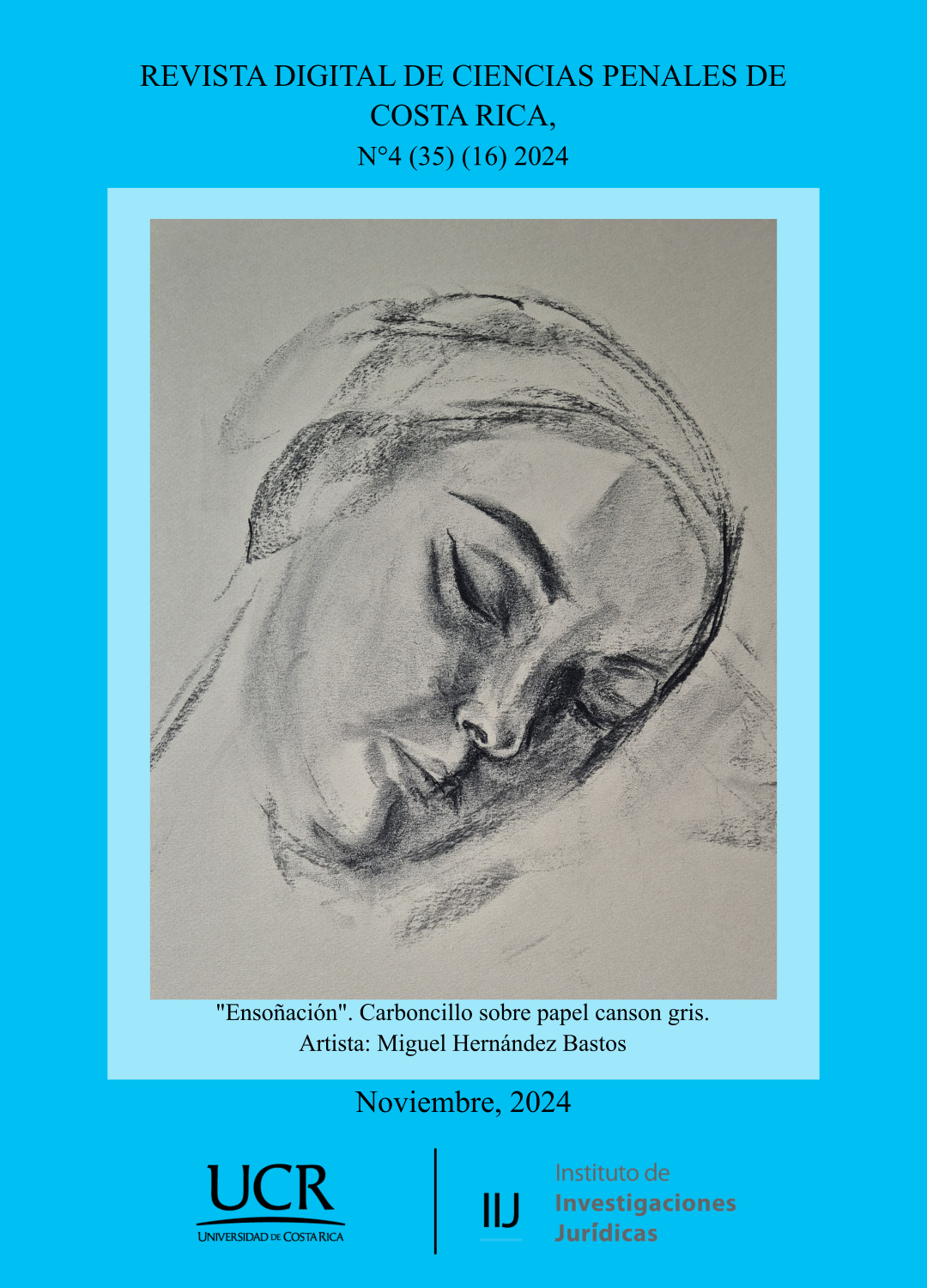Abstract
The article addresses the treatment of error in crimes of omission, from the perspective of a performative action, in order to take into account the empirical and normative relationships that support the criminal types. Unlike commission crimes, which are usually seen from the angle of a relationship between means and end, omissive crimes, which previously link the conduct to a duty to act, but which must be configured on a causal relationship, by imposition of the Criminal Code itself, imply another structure for errors of type and prohibition under the assumption of an explanation of causal dogmatics. In view of this, it can be said that this error is not simply an error of type or prohibition, but an error of wrongfulness.

